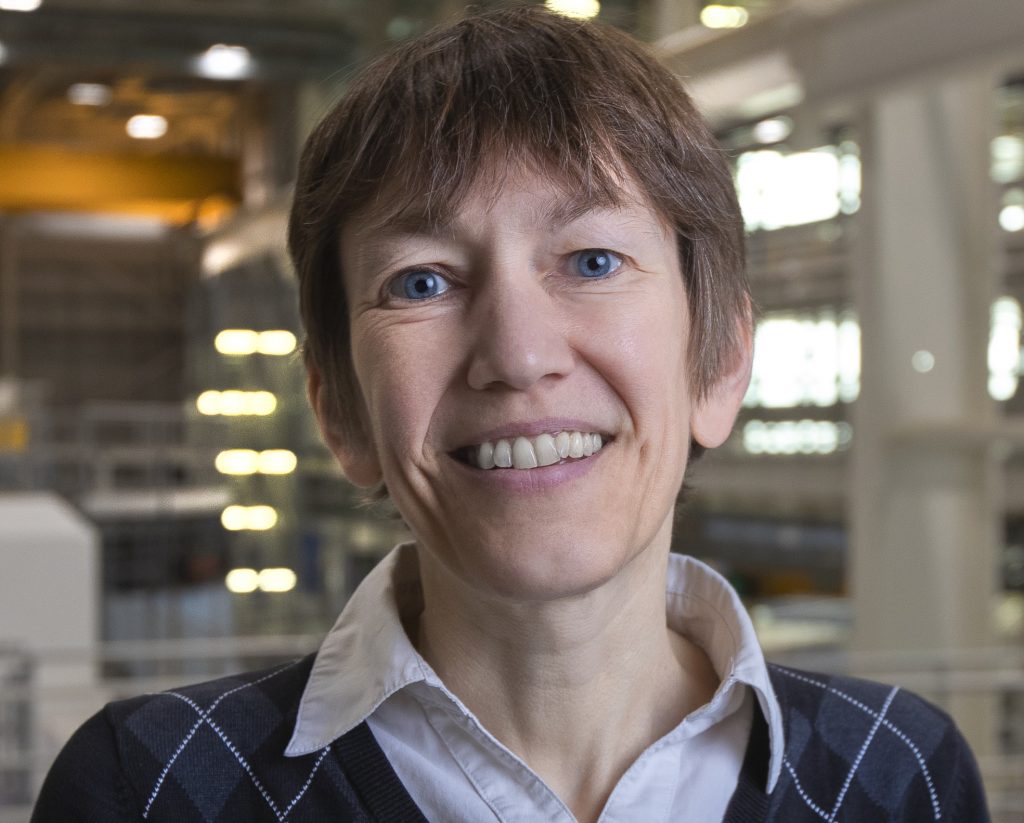Artificial intelligence is increasingly able to predict successfully new chemicals that possess a targeted functionality. The success of such materials discovery approaches is nonetheless contingent upon having the right data source to mine, and machine-learning approaches that suitably encode structure-function relationships that can be used to predict a lead material for a given application.
This talk shows how to meet the data and machine-learning requirements for electrocatalysis for CO2 reduction[1] and photocatalysis for water splitting applications.[2]
The presentation also describes new versions of our home-built ‘chemistry-aware’ software toolkits, ChemDataExtractor[2-4] and ReactionDataExtractor[5,6] that have been adapted for catalysis[2], and language models that have been customised for catalytic applications.[7]
References:
[1] J. Florian, J. M. Cole, Inorg. Chem. 2023, 62, 318-335.
[2] T. Isazawa, J. M. Cole, Scientific Data (Springer Nature) (2023) 10, 651 https://doi.org/10.1038/s41597-023-02511-6
[3] M. C. Swain, J. M. Cole, J. Chem. Inf. Model. 2016, 56, 10, 1894–1904 www.chemdataextractor.org
[4] J. Mavracic, C. J. Court, T. Isazawa, S. R. Elliott, J. M. Cole, J. Chem. Inf. Model. 2021, 61, 9, 4280–4289 www.chemdataextractor2.org
[5] D. M. Wilary, J. M. Cole, J. Chem. Inf. Model. (2021) 61, 4962-4974.
[6] D. M. Wilary, J. M. Cole, J. Chem. Inf. Model (2023) 63, 6053-6067.
www.reactiondataextractor.org
[7] T. Isazawa, J. M. Cole (2023) submitted for publication.
Biography

Professor Jacqueline Cole holds the Royal Academy of Engineering Research Professorship in Materials Physics at the University of Cambridge, where she is Head of Molecular Engineering. She concurrently holds the BASF / Royal Academy of Engineering Research Chair in Data-driven Molecular Engineering of Functional Materials. This is partly funded by the ISIS neutron and Muon Source, STFC Rutherford Appleton Laboratory, Oxfordshire, UK, to whom she is partly seconded.
She combines artificial intelligence with data science, computational methods and experimental research to afford a ‘design-to-device’ pipeline for data-driven materials discovery. Her research is highly interdisciplinary. Accordingly, she holds two PhDs: one in Physics from the University of Cambridge and one in Chemistry from the University of Durham.
She has received a number of awards and honours including: the Royal Society Clifford Paterson Medal and Lecture 2020; the ACA Bertram Eugene Warren Diffraction Physics Award and Lecture, 2021; the BASF / Royal Academy of Engineering Research Chair and Senior Research Fellowship in Data-driven Molecular Engineering of Functional Materials (2018-2023); the 1851 Royal Commission 2014 Fellowship in Design (2015-8), a Fulbright Award (all disciplines Scholar, 2013-4), and an ICAM Senior Scientist Fellowship (2013-4); The Vice-Chancellor’s Research Chair, University of New Brunswick, Canada (2008-2013), a Royal Society University Research Fellowship (2001-11), a Senior Research Fellowship (2002-2009) and Junior Research Fellowship (1999-2002) from St Catharine’s College, Cambridge, UK; the Royal Society of Chemistry SAC Silver Medal and Lecture (2009); the Brian Mercer Feasibility Award (2007); the 18th Franco-British Science prize (2006); the first British Crystallographic Association Chemical Crystallography Prize (2000).
Before moving to Cambridge, she held a post-doctoral position in Physics at the University of Kent at Canterbury, UK. Prior to this, she undertook a PhD in Chemistry through an international studentship between the Institut Laue Langevin, Grenoble, France, and Durham University. Her university studies began at Durham University where she graduated with first class honours in Chemistry in 1994.
In her spare time, she has also obtained a BSc Hons degree in Mathematics (2000-4), a diploma in Statistics (2004-5), a Certificate in Astronomy and Planetary Science (2006-7), a Diploma in Physics (2007-8) and a BEng Hons degree in Engineering (2010-14) all through the Open University. She also holds an Executive MBA degree with distinction from London Business School (2021-2023).




